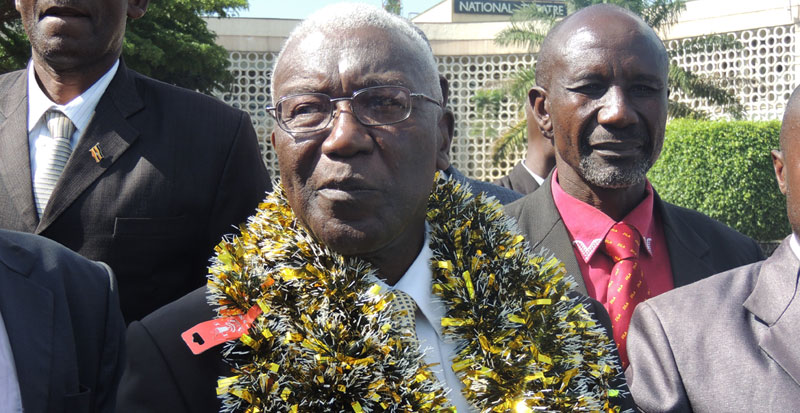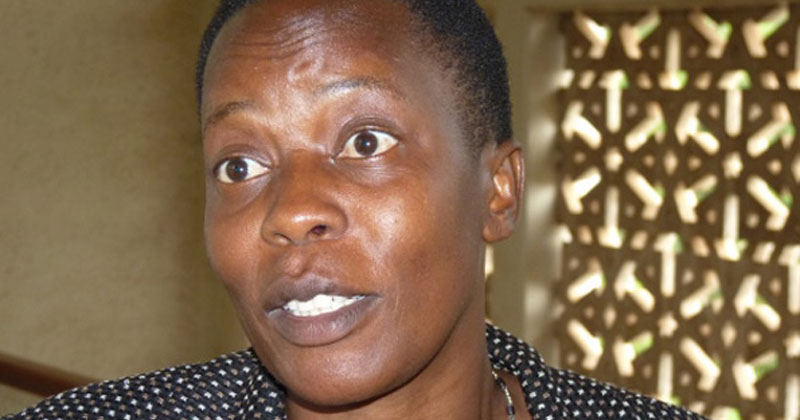
By the evening of Wednesday May 18, a total of 458 women and men from across the 115 districts that make Uganda took their oaths of allegiance to serve Ugandans in the 10th Parliament.
But while the main job of Parliament as an arm of government is to make laws and play a watchdog role to the executive, many of the new MPs are acutely aware that this will be a bytheway.
A number of the newly elected MPs have categorically stated that their constituents hardly know or even care about the nature of laws that their representatives will make, but rather wish to see them as providers of social services such as making roads, paying school fees and contributing to emergencies.
The just ended parliamentary elections was a brutal reminder to the MPs that the electorate does not usually care how well they perform in the house through attendance or debate.
As illustrated by artist-cum MP for Lubaga South Kato Lubwama, most of the MPs who spoke the best English and debated the most in the 9th Parliament, but never kept in touch with the base – read voters, were ejected.
Indeed, most of the victims of the just ended parliamentary race were ministers, senior opposition leaders who occupied busy offices and thought their electorates cared that much about their excellent positions.
At the end of the race, 22 ministers and over 200 MPs, (over 70 percent) of the house were voted out in the last elections.
The out-going 3rd Deputy Prime Minister Gen. Moses Ali aptly captured the paradox that is facing the MPs when he consoled former Serere Woman Member of Parliament Alice Alaso, whom he described as a lost gem.
Despite her influential position as the chairperson of the Public Accounts Committee of Parliament, as well as her glorious debating record over the past two terms and numerous high-ranking positions in her Forum for Democratic Change (FDC) party, Alaso was trounced by a little known Hellen Adoa of the NRM.
Newly elected Kasanda South MP Simeo Muwanga Nsubuga agrees that the problems concerning his constituents will take top priority on his agenda, because as he notes, this is what the voters care most about.
“People want us to spend time with them and provide solutions to some of their problems,” Nsubuga pointed out that as he begins his journey as a legislator, he will try to pay attention to land problems since 90 percent of his voters are bibanja land holders and therefore face a present threat of eviction by land lords.
“I will also do my best to look for employment opportunities for the thousands of jobless youth in my constituency,” Nsubuga said he will try to achieve this by proposing a law that will require government to enter into bi-lateral agreements with some Arab countries where Ugandans can be employed gainfully.
Mityana North MP Godfrey Kiwanda Suubi, who secured a re-election bid after a tough fight, dismisses the view that voters’ expectations of an MP in a way contradict his mandate. He argues that MPs are voted to push for improved service delivery by different players such as the central and local governments.
“People elect us so that we can follow up on the service delivery by different players. We are therefore expected to provide roads, schools though indirectly,” says Kiwanda. Unfortunately, while most of the social services are delivered by local governments, many MPs in the previous Parliament cared less about raising the funding purse of local governments.
For example, the proportion of funding to local governments during the past budget by the Ministry of Finance has remained a measly 18% of the National Budget.
Wakiso district chairman Matia Lwanga Bwanika argues in fact that most MPs do not understand their responsibilities when it comes to service provision. Bwanika says that most MPs are preoccupied with grabbing fat cheques for themselves than fighting for their people.
Sky-high expectations by voters of MPs has helped to promote the commercialisation of politics. As Mukono Municipality MP Betty Nambooze told The Sunrise a few months ago, she will never reject money given to MPs again because it ends up going to other beneficiaries.

















Sunrise reporter
Leave a Comment
Your email address will not be published.